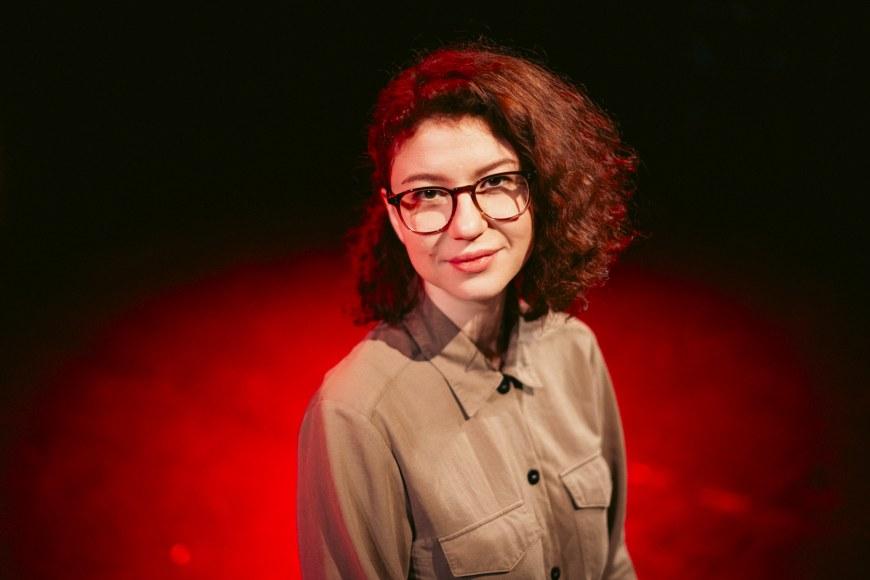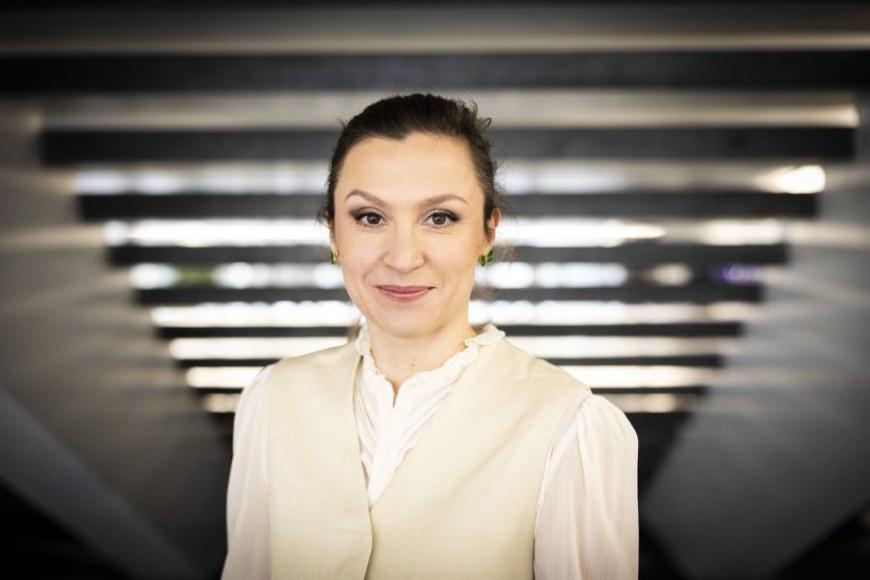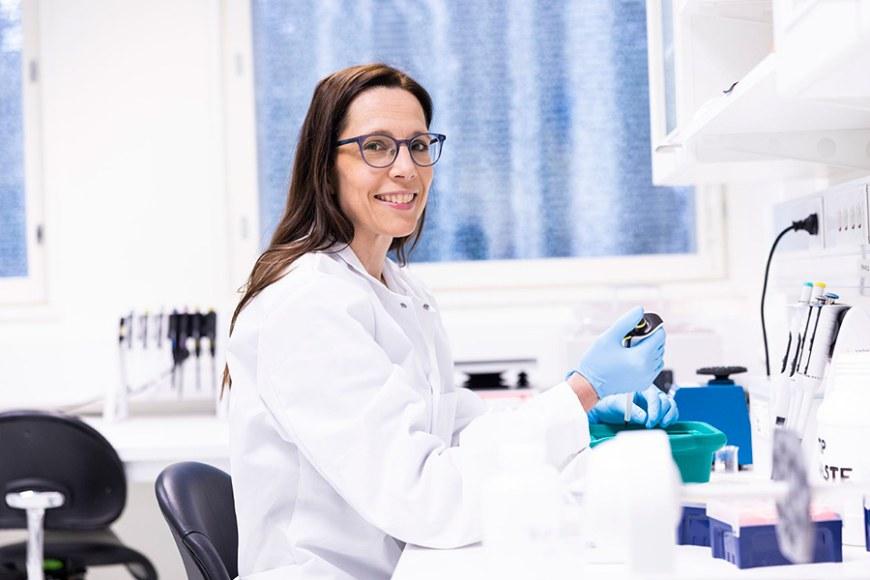Tampere University’s Doctoral School celebrates 10 years of providing high-quality education

When the Doctoral School was launched at the former University of Tampere in 2011, it already had wide experience in organising education for doctoral candidates from different faculties and universities. The initiative to establish university-level doctoral schools and thereby raise the transparency of doctoral education by moving away from the so-called network schools was the result of broader European developments and the recommendations of a working group established by the Academy of Finland.
The Doctoral School created a systematised offering of courses for doctoral researchers and actively developed the internal processes of doctoral education, such as online application for doctoral studies. Initially 25 courses were offered. Today, doctoral researchers can choose from almost 60 courses and plan their studies based on their personal needs and career goals. In addition, the Doctoral School organises the popular and long-running Methods Festival.
“The goal of establishing an “umbrella doctoral school” in each Finnish university was to ensure the provision of high-quality, transparent and even more consistent training for doctoral students, regardless of their funding source. After our first ten years, I am pleased to say that we have more than achieved that goal,” says Research Director Pirjo Nikander.
The study modules and courses, open lectures and other regular events that the Doctoral School provides support doctoral researchers’ networking, research and well-being. Multidisciplinary and international environments support the development of crucial transferable skills: various academic and cultural backgrounds and different personal circumstances are embraced and help to foster dialogue and peer learning. The feedback from course participants illustrates their high level of satisfaction with the education provided.
“We are immensely grateful to the teachers who work with our team as they make the wide range of courses possible,” praises Specialist Olli Nuutinen, one of the original staff members at the Doctoral School.
The strong foundation of the Doctoral School and its ability to respond to the needs of skills training have proven essential in the changing higher education landscape. The range of events and courses offered to doctoral researchers is constantly developed into an increasingly multifaceted format, as demonstrated by the 75 courses implemented this academic year. The Doctoral School is committed to the continuous development of its activities in close collaboration with doctoral programmes, vice presidents and other university actors.
“What has changed in ten years? Well, almost everything,” says Pirjo Nikander smilingly.
“Perhaps the biggest changes concern the clearer division of tasks between the doctoral programmes and the Doctoral School, and the increased emphasis on research skills, transferable skills, careers, employability and supervision. One must bear in mind, however, that despite systematisation and the provision of more carefully thought-out training, each doctoral researcher’s work and career thereafter continues to make a unique contribution to Tampere University’s research profile and impact.”
The Doctoral School is committed to high standards of excellence and is therefore active in the national doctoral education network that focuses on sharing best practices. International collaboration within the framework of the European University Association, the Council for Doctoral Education and EU-funded development projects further solidifies the vision and effective role of the Doctoral School. Involvement in national networks and broader pan-European goal setting ensures that the Doctoral School continues to provide doctoral researchers with the best possible skills also in the future.
Read more about the Doctoral School
Inquiries:
Research Director Pirjo Nikander, pirjo.nikander [at] tuni.fi, tel. +358 40 190 1373
Text and Main photo: Ira Virtanen
Team photo: Jonne Renvall





